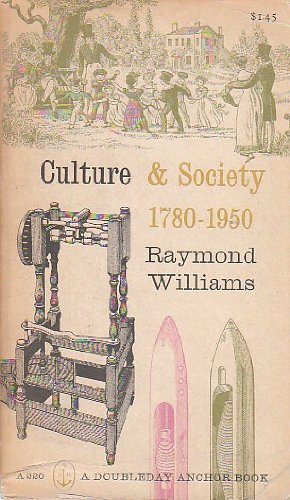موضوعات
آموزش و پرورش
ادبیات و زبان
پزشکی، دندانپزشکی و داروسازی
تاریخ و جغرافیا
داستان و رمان
دیگر
دین و فلسفه
روانشناسی
ریاضیات و آمار
سلامتی، تناسب اندام و رژیم غذایی
شیمی و پلیمر
علوم اجتماعی و حقوق
علوم زیستی و بیوتکنولوژی
فیزیک و نجوم
کامپیوتر و اینترنت
کتابهای کودکان و داستان
کسب و کار و اقتصاد
کشاورزی و دامپزشکی و غذا
معماری
مهندسی و فناوری
هنر و تئاتر
محصولات
Megawords: 200 Terms You Really Need to Know - Original PDF
نویسندگان: خلاصه: In 1976 Raymond Williams produced a remarkable book called Keywords, in which he carefully analysed the genesis of certain key cultural concepts that were currently in use. His deep hist- orical sense, and understanding of the inter-connectedness of culture and society, produced a work that brilliantly illuminated the ways in which concepts took on particular inflections in different historical and theoretical eras. Keywords was a living dictionary of the development of concepts and of their changing use. It is partly in homage to that work that this volume is dedicated, but it is also a response to the fact that history has already left behind most of the intellectual universe that Williams occupied. Interestingly, much of the strength, and weakness, of Williams’ work can now be seen to derive from his own ‘Englishness’, itself a term that once seemed unproblematic, but which is now resonant of colonialism, Eurocentrism and the somewhat uncritical acceptance of a whole way of life. The changes that the last quarter of a century has witnessed have decentred the intellectual universe as surely as they have restruc- tured the world of work and the nature of culture. It is in part to trace the patterns of these changes that this book considers a number of concepts that have gained recent currency in intellectual debate. Unlike Keywords, however, I shall only be concerned with very recent history and with considering a number of new, and sometimes difficult, concepts that have emerged during a time of very rapid change, both in the human- ities and in society as a whole. It might be said that theory itself has emerged as the high ground of much current debate, and that history has been eclipsed. These recent developments in Megawords 2 theoretical works have been so rapid, and so widespread, that not every idea or concept can be captured. Instead, I shall be looking at some of the more central—or ‘mega’—words that have emerged over the last three decades. Many ideas span dif- ferent disciplines, so this book will not be a glossary in the standard sense, but a map of the links between ideas and con- cepts in the humanities and a broad introduction to certain approaches without which students might well feel adrift in the wide world of inter-disciplinarity. Megawords sets out to plot the historical or theoretical shifts that have transformed the intellectual debate over the last 30 years, as well as to introduce many previously obscure or unknown ideas. Feminism, for example, noticeably absent from Keywords, is the first and most obvious of these paradigmatic shifts that have rendered many historical positions untenable. Indeed, Keywords has an entry for family but none for feminism; a historical stance that speaks volumes of the patriarchal system to which feminism was such a powerful response. Williams came out of the traditional socialist movement formed in the 1930s and 1940s and sought to work both within a historical frame- work of progressive English literary criticism and in dialogue with theoretical Marxism—traditions which have been torn apart by the forces of globalisation, postmodernism, feminism, post-colonialism and the collapse of communism. It is no sur- prise that Williams should be so historically constrained. In fact, he always sought to place his work within a concrete historical agenda and he would have no objection to the present rewriting of the terms of the debate. As he noted, people seem to talk ‘a different language’ after very short historical periods and, given the rate of social change in the last twenty years, it would be surprising if there hadn’t been a radical shift in the theoretical language of the humanities.آیا کتاب مورد نظر هنوز بر روی سایت قرار نگرفته است؟ جای نگرانی نیست! کافی است بر روی گزینه سفارش کتاب کلیک کرده و درخواست خود را ثبت کنید. در کمتر از چند ساعت کتاب شما را آماده خواهیم کرد.

